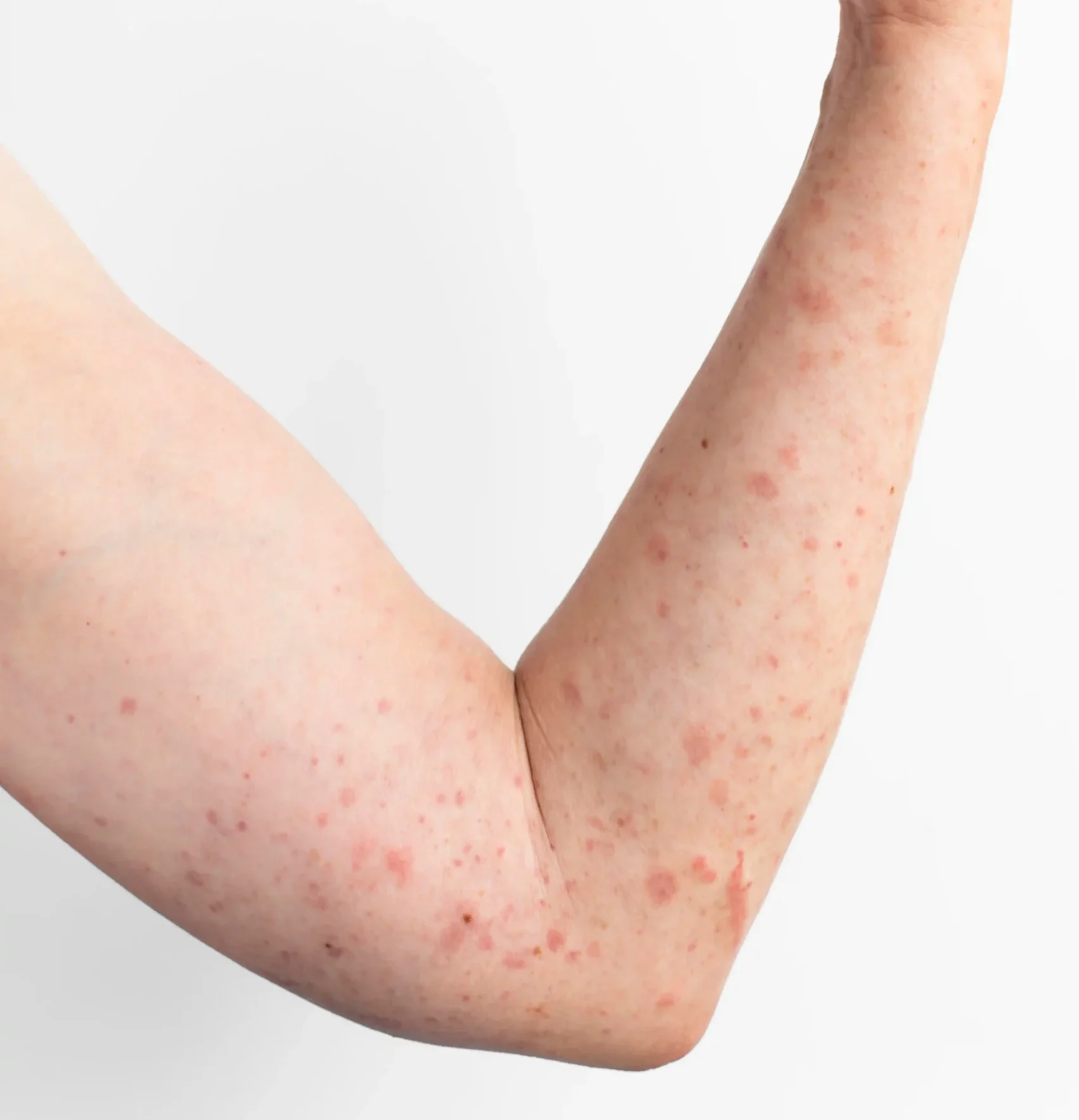Quick, Gentle Molluscum Removal in Queens
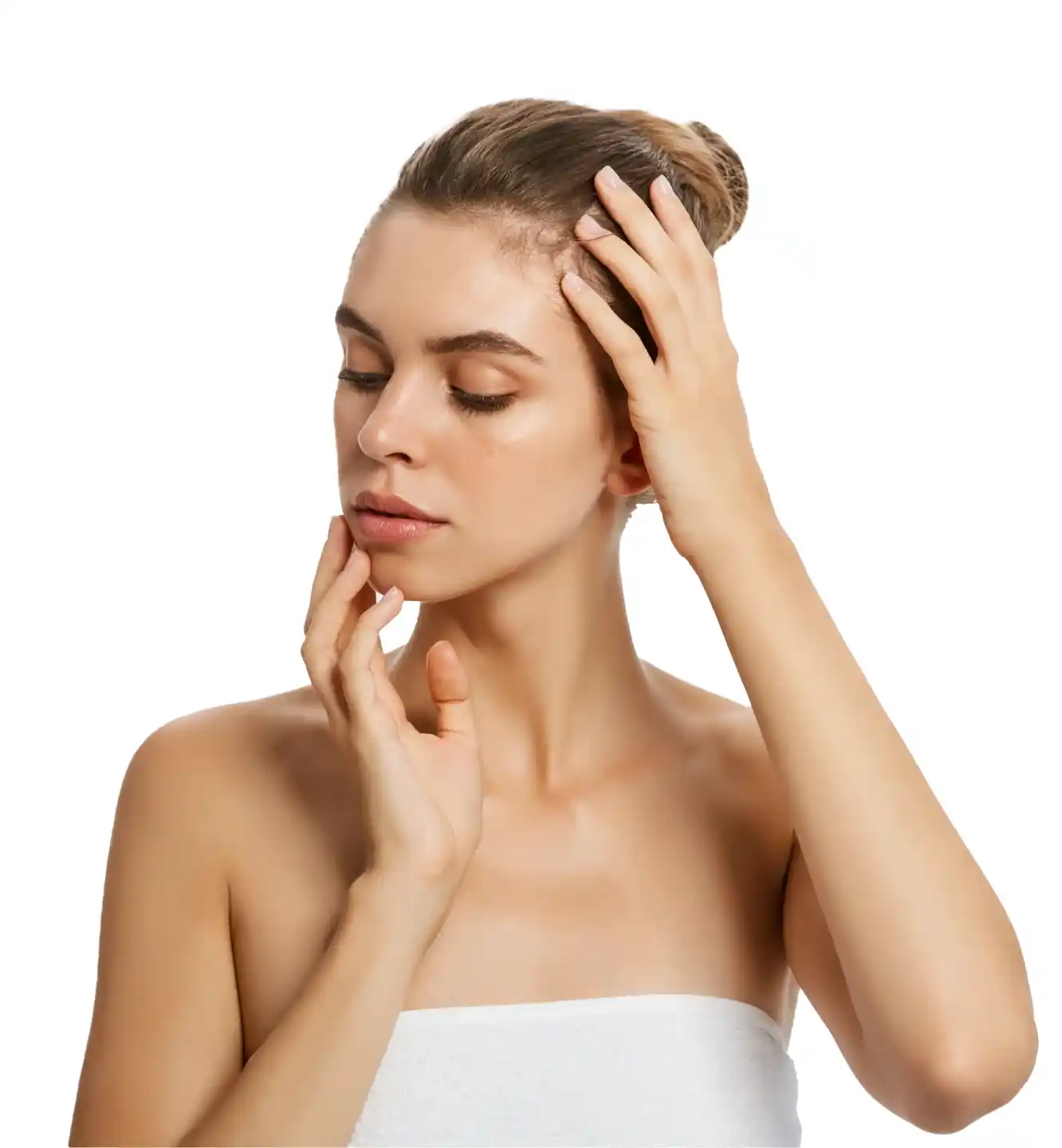
Molluscum
If you or a loved one develops firm, round, painless bumps, it could be molluscum, a skin condition that can become bothersome if left untreated. At Adult and Pediatric Dermatology in the Forest Hills neighborhood of Queens, New York, the exceptional team of dermatologists diagnoses and treats molluscum to give you the clear, smooth skin you deserve. Call the office today to schedule an appointment or use the online booking tool.
What is molluscum?
Molluscum, also called mollucsum contagiosum, is a skin condition that results from a viral infection and produces painless bumps on the skin. The infection can spread to other parts of your body or to other people by skin-to-skin contact. Molluscum affects kids and adults. It’s considered a sexually transmitted disease (STD) if the condition develops in your genital area.
Start Your Transformation
Schedule your consultation today and discover how our expert team can help you achieve your aesthetic and skin health goals.
Most Major
Insurances Accepted
Most Major Insurances Accepted
Please call our office if you do not see your insurance plan listed below. If your insurance plan requires you to obtain a referral from your primary care doctor, please obtain one prior to your visit or call our office to ask if a referral or authorization is needed for your insurance. If referral is not available at the time of the visit, your appointment will be rescheduled.

What are the
symptoms
of molluscum?
Common symptoms of molluscum include skin bumps that are:
- Flesh-colored or red
- Round
- Raised
- Small
- Inflamed
- Itchy
- Indented at the top
Molluscum spots often appear on the hands, face, arms, armpits, and neck. They can also develop on the genitals, inner thighs, lower abdomen, and eyelids.
Touching the molluscum and then your eye can cause pink eye. Scratching the molluscum bumps can cause them to become infected.
Botox effectively relaxes these muscles, softening the appearance of wrinkles and preventing them from deepening over time.
Read Our Reviews
Posted on
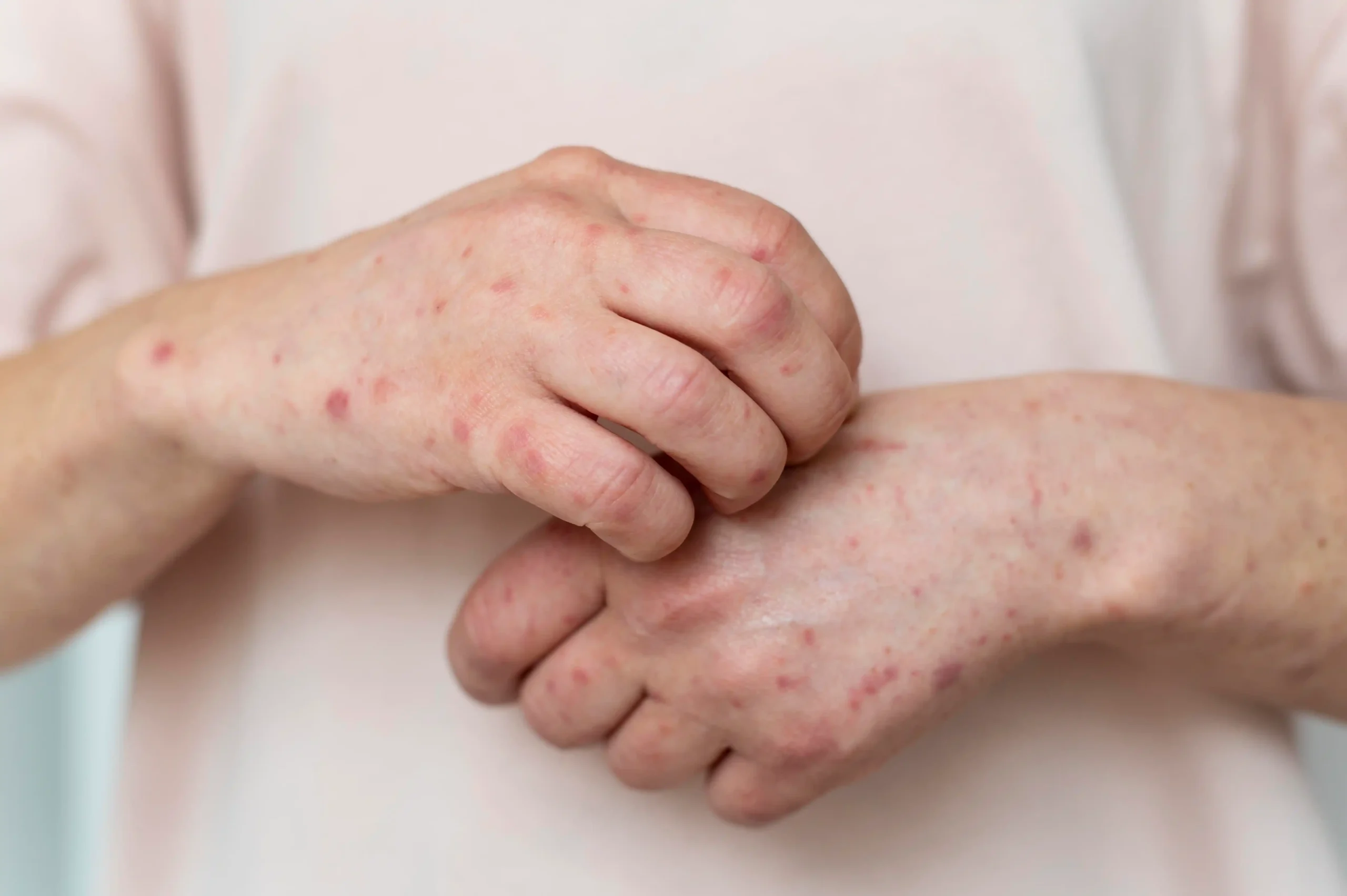
What are the risk
factors
for molluscum?
Molluscum spreads by skin-to-skin contact. You could develop it after being in close contact with another person, having sexual contact with an infected person, or from towels or other shared objects.
Your risk of getting molluscum increases if you have a weak immune system. Ways to lower your chance of contracting it include washing your hands, not touching molluscum bumps, avoiding sexual contact with infected partners, and not sharing personal items.
How does my doctor
diagnose molluscum?
To find out if you have molluscum, your dermatologist discusses your medical history, lifestyle, and symptoms. They examine areas of your skin containing bumps and might take skin scrapings to examine under a microscope to confirm a molluscum diagnosis.
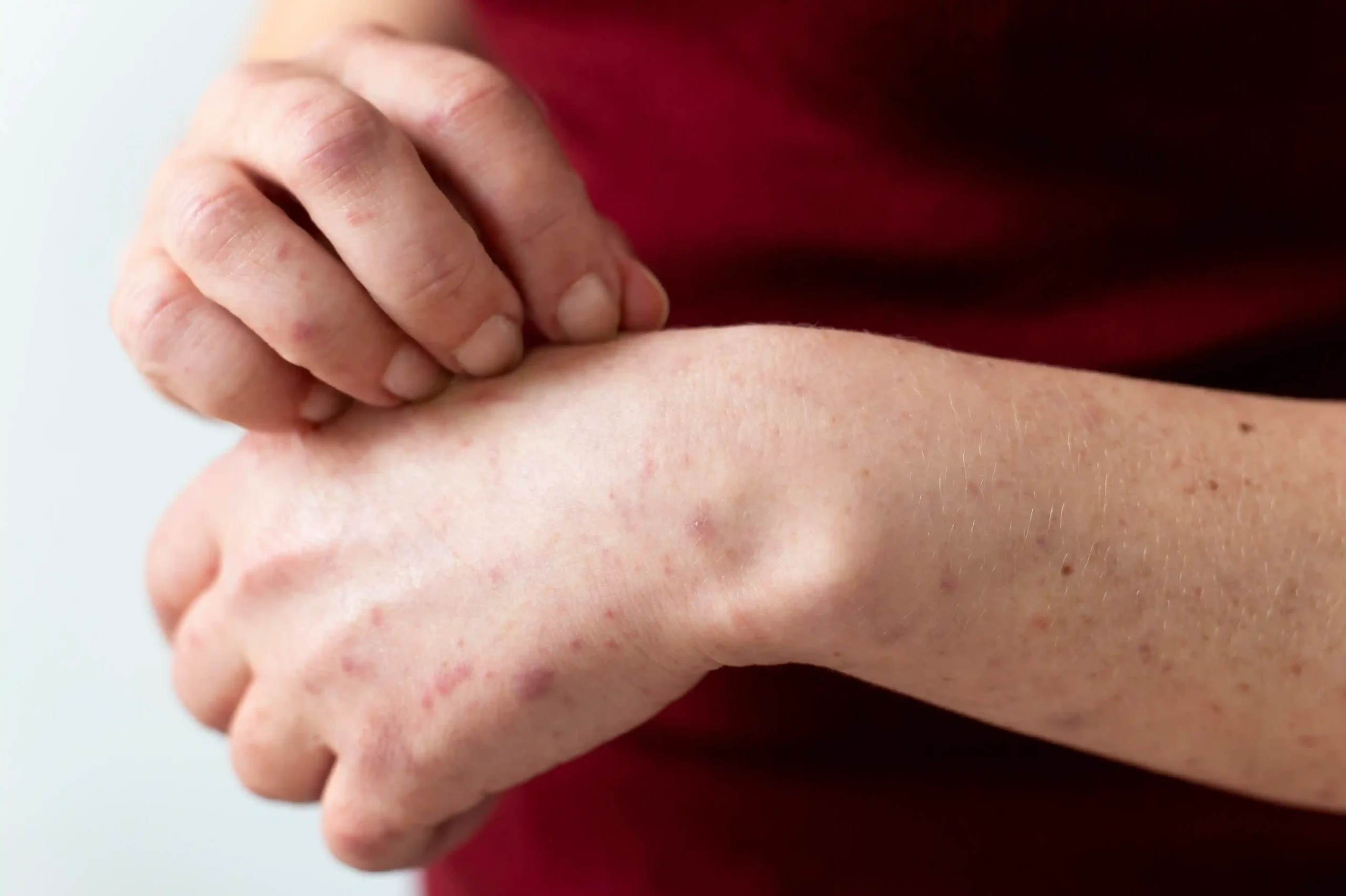
Choose Your Provider
Meet our team of board-certified specialists dedicated to your skin health and beauty

Michael Paltiel,MD
Dermatology
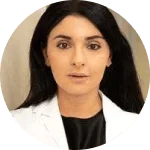
Zina Goldvekht, PA-C
Physician Assistant

Aleksey Babakhanov, FNP
Family Nurse Practitioner

John Perrotti, MD
Plastic Surgery

Irma Meni
Cosmetologist
Frequently Asked Questions About Molluscum Contagiosum
Q: What is molluscum contagiosum?
A: Molluscum contagiosum is a viral skin infection that causes small, raised, dome-shaped bumps on the skin. It is caused by the molluscum contagiosum virus and is most common in children, though it can affect adults as well.
Q: How is molluscum contagiosum spread?
A: The virus spreads through direct skin-to-skin contact, sharing towels or clothing, and touching contaminated surfaces. It can also spread from one part of the body to another through scratching or touching the bumps.
Q: Does molluscum contagiosum go away on its own?
A: In many cases, molluscum contagiosum resolves on its own within 6 to 12 months without treatment. However, it can take longer, and treatment may be recommended to prevent spreading and reduce the risk of scarring.
Q: What treatments are available for molluscum?
A: Treatment options include cryotherapy (freezing), curettage (scraping), topical medications, and laser therapy. Your dermatologist at Adult & Pediatric Dermatology will recommend the best treatment based on the location and number of bumps.
Q: Should I keep my child home from school if they have molluscum?
A: Children with molluscum contagiosum do not typically need to stay home from school. Covering the bumps with clothing or bandages can help reduce the risk of spreading the virus to others.
Q: Can adults get molluscum contagiosum?
A: Yes, adults can contract molluscum contagiosum through skin-to-skin contact, including sexual contact. Adults with weakened immune systems may experience more widespread or persistent infections.
How is
molluscum treated?
Adult and Pediatric Dermatology offers several treatments to eliminate the skin bumps caused by molluscum. Examples include scraping, freezing, and medications. Your doctor will numb the treatment area to avoid discomfort during the procedure.
Without treatment, molluscum could clear up on its own after about 6-12 months. However, you can develop new bumps for up to five years. When you have no more new molluscum bumps, you’re no longer contagious.
If you have new or unusual skin bumps and you suspect that it could be molluscum, call the Adult and Pediatric Dermatology office today or schedule an appointment online.
